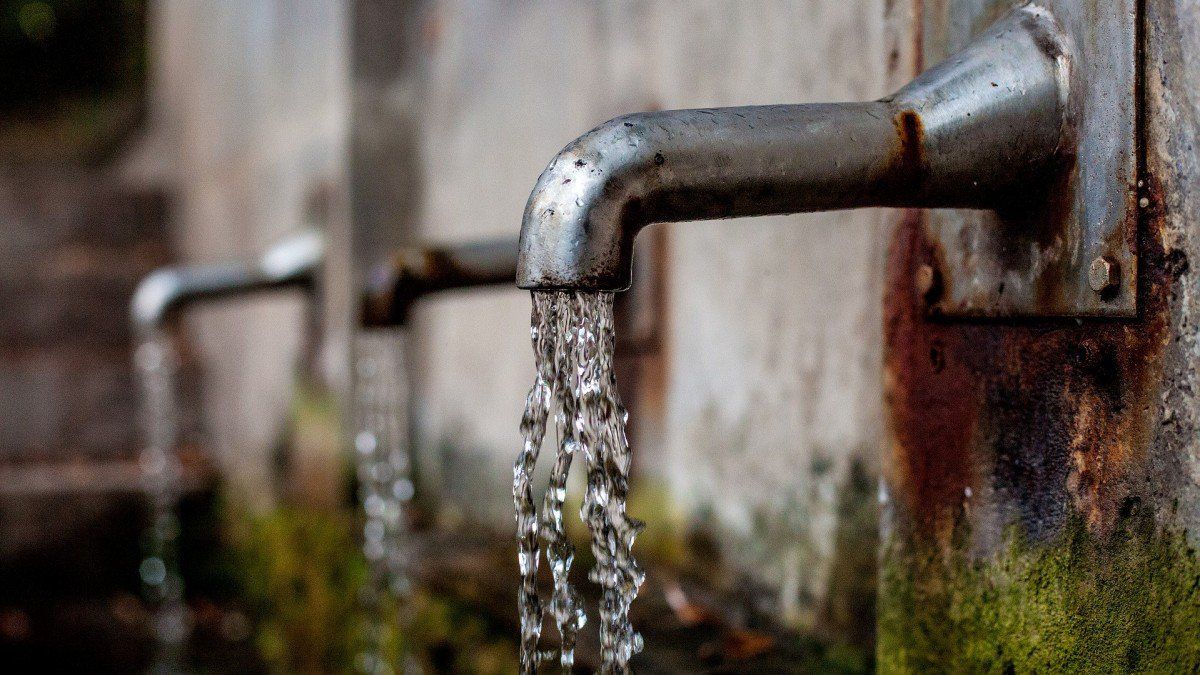The algorithm is saving about $10 million as part of an effort to replace the city’s water infrastructure.
To catch you up: In 2014, Flint began getting water from Flint River rather than the Detroit water system. Mistreatment of the new water supply, combined with old lead pipes, created contaminated water for residents.
Solving the problem: Records that could be used to figure out which houses might be affected by corroded old pipes were missing or incomplete. So the city turned to AI. Using 71 different pieces of information—like the age or value of the home—Georgia Tech researchers developed an algorithm that predicted whether or not a home was connected to lead pipes.










Comments are closed.